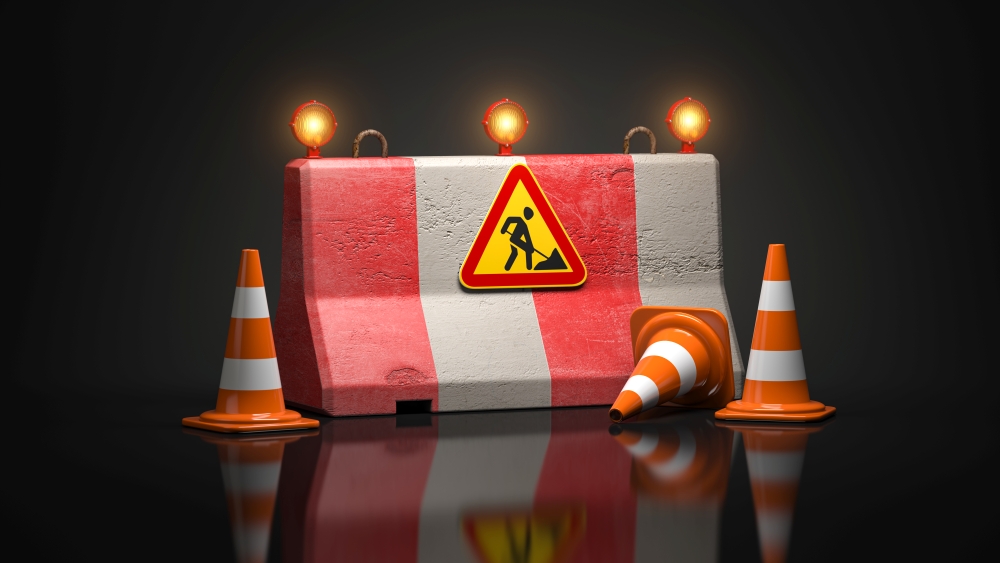New ABA Foundation Report Estimates Industry Losing $11 Billion Despite Easing Travel Restrictions

The American Bus Association (ABA) – the industry leader advancing North American motorcoach travel and tourism – now estimates that the U.S. motorcoach industry will see its economic loss reach nearly $11 billion, a 71 percent decline in annual business, despite the easing of restrictions across the country.
This impact on the industry is a direct result of the Coronavirus (COVID-19) outbreak. With the vast majority of trade shows and conferences canceled, leisure and business travel significantly reduced, spring and summer group travel all but erased and fall high school and college sports unlikely to occur at 2019 levels, and work-from-home policies instituted by many companies, the re-opening of cities and states post-shutdown will not substantially alter these numbers. Many trips and events requiring the use of motorcoaches are booked months or a year in advance and when the business disappears, it is usually gone for a year or more.
In reviewing the most recent data, prepared for the American Bus Association Foundation by John Dunham & Associates, New York, N.Y., estimates on job losses and economic damage provided at the start of the crisis have borne out across the motorcoach industry. In April 2020, it was anticipated $11.1 billion in sales and 64,000 jobs would be lost due to the COVID-19 shutdown. Today’s updated report shows approximately $10.9 billion in sales will be lost with 62,800 jobs removed from the industry.
“While this is a slight improvement from the estimates developed at the height of the economic disaster, it represents just a 1.9 percent improvement,” said ABA President & CEO Peter Pantuso. “This data shows the continued decimation of the private motorcoach industry, which has not received any financial help from Congress or the Trump Administration like other modes of transportation received in legislative relief packages passed so far.”
The immediate loss of business to the motorcoach and private bus industry during the four-month shutdown was $4.8 billion with approximately 88,000 workers furloughed. These included drivers, mechanics, cleaners, and office staff. According to motorcoach operators across the country, between 80 and 95 percent of trips have been cancelled and most will not be rebooked in 2020.
Furthermore, it is very unlikely the businesses or transportation network will be able to return to pre- COVID-19 levels of operation over the next year. Therefore, the motorcoach and private bus industry has requested $10 billion in federal grants and $5 billion in loans to stabilize its members and ensure the commercial motorcoach remains a vital part of America’s transportation network. ABA is requesting federal assistance from the available funding already appropriated to the U.S. Treasury under the “Coronavirus Aid, Relief, and Economic Security (CARES) Act,” and to be specifically included in future recovery packages the U.S. Congress and the Administration may consider.
The motorcoach and private bus industry provides nearly 600 million passenger trips annually, slightly less than U.S. commercial airlines. It is made up of more than 3,000 small family owned and operated businesses, many of them multigenerational. These companies provide essential travel services in every part of the country and have often been described as “America’s Strategic Transportation Reserve” as they serve the military and have stepped in to serve people in harm’s way of hurricanes and other natural disasters, and helped with passengers on airlines and Amtrak when these modes have broken down.
“If this industry does not receive government assistance immediately, I can’t say how much of it will be left when Americans need access to economical and reliable transportation for work or for leisure, or is in need emergency evacuation services as a result of m natural disasters,” said Pantuso. “As the economy tries to right itself, it is buses who will bring people to destinations, hotels, events, and other locations that are also seeking to recover.”
